Adelson proved his greatness not only in his actions and contributions to Zionist projects • The erosion of trust in the High Court gained momentum as he was dragged into dealing with matters not his own • And the death of GSS senior Nachman Tal brings us back to warning in October '73.
Sheldon Adelson (2021-1933)
Photography:
Illustration: Shlomo Cohen
It was said of Sheldon Adelson that he was not prepared to be interviewed by journalists on open, general topics, but only on a narrow field, on specific topics.
But he was the subject of quite a few profile articles, in which his career in business was examined inch by inch - from the age of 12 until the end of his life.
Adelson's character was a failure of those mythical Jewish capitalists of the past.
He was not Zuckerberg.
He was not Bezos or Eric Schmidt.
He was an "old world."
Because who in the current era put his chips on a printed newspaper?
But Adelson was a classic story of those Jewish children who grew up in poverty during the Great Depression and reached imaginary wealth.
Some would say that if he had kept his love for Israel to himself, he would have been sheltered in relative anonymity.
It was the investment in Israel, not in business - but an ideological and emotional investment - that attracted the media's attention and made him enemies in the media.
And amid the unreserved sympathy and support, his support for Benjamin Netanyahu.
In great pain: Sheldon Adelson 1933-2021
Some time ago, almost twenty years ago, around 2002-2003, I had the opportunity to meet with the then antitrust commissioner, Dror Strum.
This was a background conversation in which the issue of Yedioth Ahronoth's monopoly in the local media also arose.
Not a monopoly in the legal sense, although this was also an issue that was on the agenda, but a monopoly in the conceptual sense, of a newspaper that controls much more than 50 percent of the market, something around 70 percent.
This broad business control was also accompanied by control without Egypt over a large part of public opinion.
Later, when "Israel Today" was established, the leading columnist of Yedioth, Nahum Barnea, claimed that in his newspaper as well as in the other newspapers - "Maariv" and "Haaretz" - the owner of the newspaper has an influence, but also opposing opinions, other opinions, different , In short - variety.
In "Israel Today", on the other hand, according to Barnea, only news items and articles that Sheldon Adelson would like to read are published.
It was a more than false statement - it was malicious.
The antitrust commissioner, along with several Knesset members - including Yuval Steinitz, Tamar Guzensky and Tommy Lapid - have initiated legislation that will try to solve the problem of Yedioth Ahronoth's non-Egyptian rule.
To the best of my recollection, the antitrust commissioner had no practical solution on how to deal with the issue.
Knesset members testified that they were terrified under the pressure of Yedioth Ahronoth.
Eventually, that legislation fell, in part following Guzenski's resignation from the Knesset.
But Yedioth Ahronoth's monopoly had a clear meaning: Yedioth led the media in a campaign of hatred and hatred with intensities unknown until then against Benjamin Netanyahu.
The negative turn in the Israeli media took place after the assassination of Rabin in 1995, and turned ordinary hostility into demonization in the form of "murder and victory."
For the current generation, the closest thing to understanding the issue is the rabies that attacked the American media following Donald Trump's victory in the 2016 election.
The second time I looked into the eyes of the antitrust commissioner was in spring 2014, when Makor Rishon went bankrupt and was in danger of closing.
Sheldon's willingness to acquire the newspaper and thus save it, upset quite a few officials and media people.
They, of course, did not object to the very existence of "First Source" - but not owned by Adelson.
In doing so, the newspaper was about to be sentenced.
We sat down with the commissioner, Prof. David Gila, some of the editors and writers of "Makor Rishon" - to convince him that the newspaper would maintain its independence and that "Israel Hayom" and "Makor Rishon" should not be considered a monopoly.
This was the new invention in the media, of those who wanted to bury Makor Rishon.
I told the commissioner that in the end, when the real, predatory monopoly of Yedioth Ahronoth took place, the system did not have a solution to the situation.
The only one who found an answer to this was Sheldon Adelson, who, through the competition he placed through "Israel Today," cut Yedioth Ahronoth's formidable wingspan.
And this is actually the story of "Israel Today", that everyone understands and knows;
But despite the paper's tremendous success in its mission to free the Israeli press world from the suffocation of the information and opinion monopoly, it has been permanently delegitimized since its founding in August 2007. In a profile article by journalist Connie Brock in The New Yorker (June 2008), she quotes President George W. Bush, who told Adelson at the end of a meeting with him: "Tell your prime minister that I need to know what is right for your people. Because at the end of the day, it will be my policy and not Condi's (Condoleezza Rice, Secretary of State at the time). But I am not. Could be more Catholic than the Pope. "
The hint was clear.
Prime Minister Olmert goes so far as to make concessions that he is willing to make as part of the negotiations, and it was later announced that Condi did remain open-mouthed.
Olmert and his spokesmen, for their part, accused Adelson of trying to dismantle the coalition.
Olmert has been claiming for years that a huge amount of capital has been invested in overthrowing it.
The left did not like Adelson's involvement in public life, especially through Israel Today.
Ari Shavit's Year of Hate, from 1997, has become a whole generation of hatred.
An entire generation demands revenge.
Nahum Barnea expressed the position of the left, that Adelson thinks he knows better than the Israelis what is good for their country;
Who is an "extreme right" who is convinced that Israel is led by a corrupt and illegitimate government.
Over the years the attack has been turned by writers known for threats.
From the beginning, there has been criticism in "Israel Today" against Netanyahu, from the moment we became prime minister (in 2009).
The difference in criticism compared to other media is that it is criticism as the case may be - and is not charged with toxic hatred as is customary.
Today, the dominant approach in the media has received approval from the judiciary: that is, anyone who does not frantically attack the prime minister may be considered a criminal.
And this is indeed the atmosphere of group thinking in the communication systems.
There has been a competition of slander, libel and outbursts of rage against the Prime Minister, against the right, and especially against the Likud.
Israel Today's achievement in its 13 and a half years has paved the way for journalists with original - and diverse - views who can respond to epileptic disorder attacks. Leading
media.Adelson revealed that in his beloved Israel it seems normal for journalists and publishers to be dragged into the police interrogation rooms.
It seems likely that the police will oversee matters of freedom of the press and freedom of expression, and the prosecution will rule on what is the norm in relations between journalists and political leaders.
And so he was dragged into the interrogation rooms as part of the 2000
case
.
This case revealed that Arnon Mozes' political power is great and threatening.
This time, the legislation in the Knesset was supposed to lead to the closure of "Israel Today."
Moses ruled in those years, 2013-2015, in two or three coalition parties, and kept politicians in his pocket like five-cent coins, to quote the "godfather."
In any case, Adelson proved his greatness not only in his well-known enterprises in medical research, and in contributions to Zionist projects;
It also significantly changed the media map.
"I have achieved everything I have in my own right," he once testified in court.
"I came from great poverty and now I am considered one of the greatest philanthropists ... you know, the business world is such that if someone acts wrong, even once, he gets a bad name and people do not want to do business with them anymore. But with me everyone wants to do business."
And perhaps what reveals a deep layer in Adelson's personality is the story of his first visit to Israel, in 1988.
He took with him the shoes of his father, who did not get to come to Israel, and wore them throughout the visit.
Where's our Roberts?
The erosion of trust in the High Court gained momentum as it was dragged into engaging in matters not its own, such as the
typical
function of the Speaker of the Knesset
that the head of the Israel Democracy Institute, Yohanan Plesner, as well as other spokesmen, preached about declining public trust in important regime institutions.
"Danger to democracy" - this is the message.
Accuse political leaders whose statements erode public confidence in the justice system.
But the data should first have shaken the heads of those founding institutions in Israeli society.
The dramatic drop in public confidence in the Supreme Court is the result of the actions of High Court judges.
Not of "attacks" on the High Court.
The Supreme Court is eroded within one year from a low level of trust of about 55 percent in two strokes to 42 percent. The explanation is simple: blatant interference in the work of the Knesset, in the procedures of Knesset action and legislation, Of the Israeli government, and all this in the whipped cream wrapper of the unconstitutional debate on the Nationality Law.
U.S. Supreme Court President John Roberts shouted at his fellow judges when they came to develop petitions from various countries about election fraud: "Do not touch it!"
There was no one in the High Court to order "Al Ga'at!" When Eliad Shraga dragged the High Court to discuss the function of Knesset Speaker Yuli Edelstein.
This time, the Supreme Court was also punished by part of the left. The enormous erosion probably also stems from the left's disappointment. The trial did not carry out its onslaught on the Knesset and the government in full, allowing the disintegrating unity government to set off.Thank you very much for allowing it.This
is also the explanation for the erosion of confidence in President Reuven Rivlin.It was also seen as interfering beyond government formation.
Search for an answer in the archives of the
death of Shin Bet senior Nachman Tal brings us back to warning in October 1973
Last Saturday, Nachman Tal, one of the Shin Bet's pathfinders, who reached the peak of his career as deputy head of the Shin Bet, passed away. He was born in Petah Tikva, ruled in Arabic, and died kissing at the age of 90.
In the days of bus line 300 (in 1984), Tal returned to the position of commander of the Southern Region in the service, including the northern Gaza Strip, including Deir al-Balah, to which The bus crashed. He opposed the killing of the terrorists, two of whom were captured alive after the rescue. But according to a GSS source, Tal refused to join the move of Rafi Malka and Peleg Radai, thinking they could damage the service.
Tal was one of three GSS men involved in the investigation of the Egyptian intelligence officers who crossed the Suez Canal into our territory the day before the outbreak of the Yom Kippur War. He was then deputy head of the Southern Region in the service. Shlomo Israeli and Haim Shiloach interrogated the officers. They crossed the canal between Thursday and Friday (the war broke out on Saturday), to observe the deputies. "They told me: Tomorrow be careful.
There will be a war at two o'clock in the afternoon, "Israeli testified.
Nachman Tal received the news from Shlomo Israeli," War "will break out tomorrow. Tal testified before Aviram Barkai:" I immediately passed the information to the GSS headquarters, and at the same time I think I instructed an Israeli to transfer the two Egyptians. To command. "
The remarks were published in Barkai's investigation in this newspaper more than two years ago.
The fact that three GSS members, including Nachman Tal, testified to this in their names - gives great credibility to this warning. The Southern Command treated the information with contempt. Perhaps to teach something about studies that rely only on archives - it turns out that there is no archival documentation, neither service nor swamp To the event.

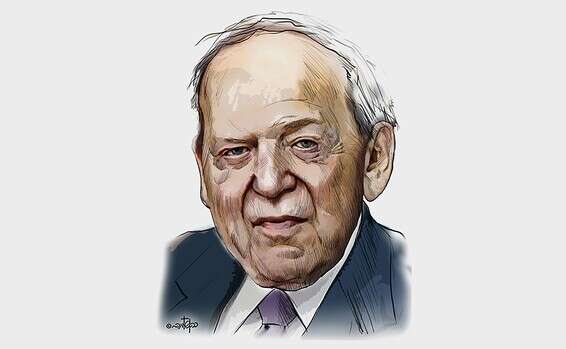
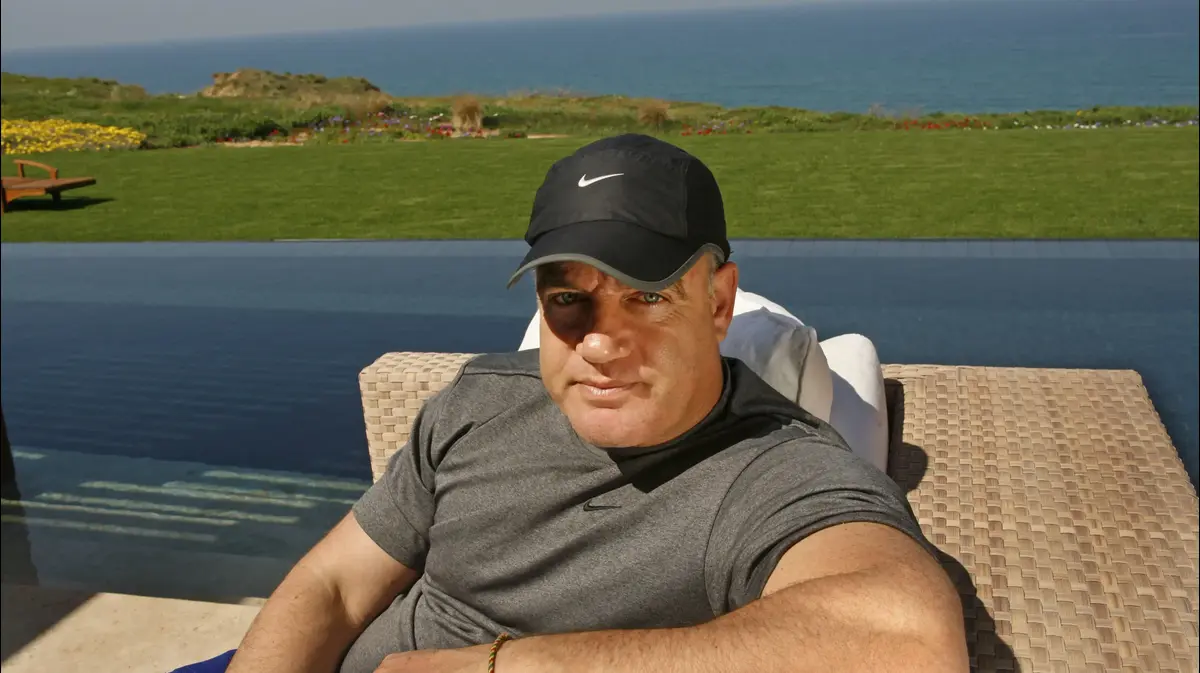



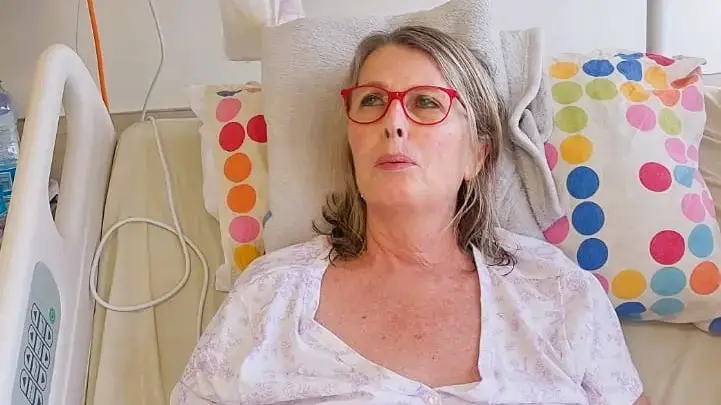
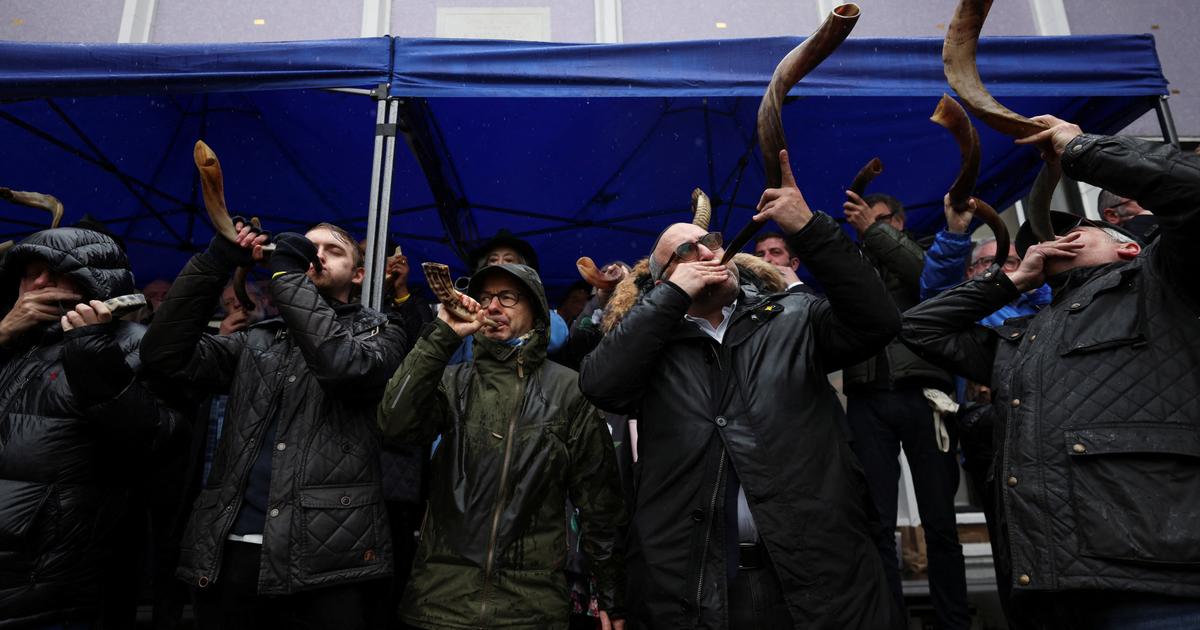
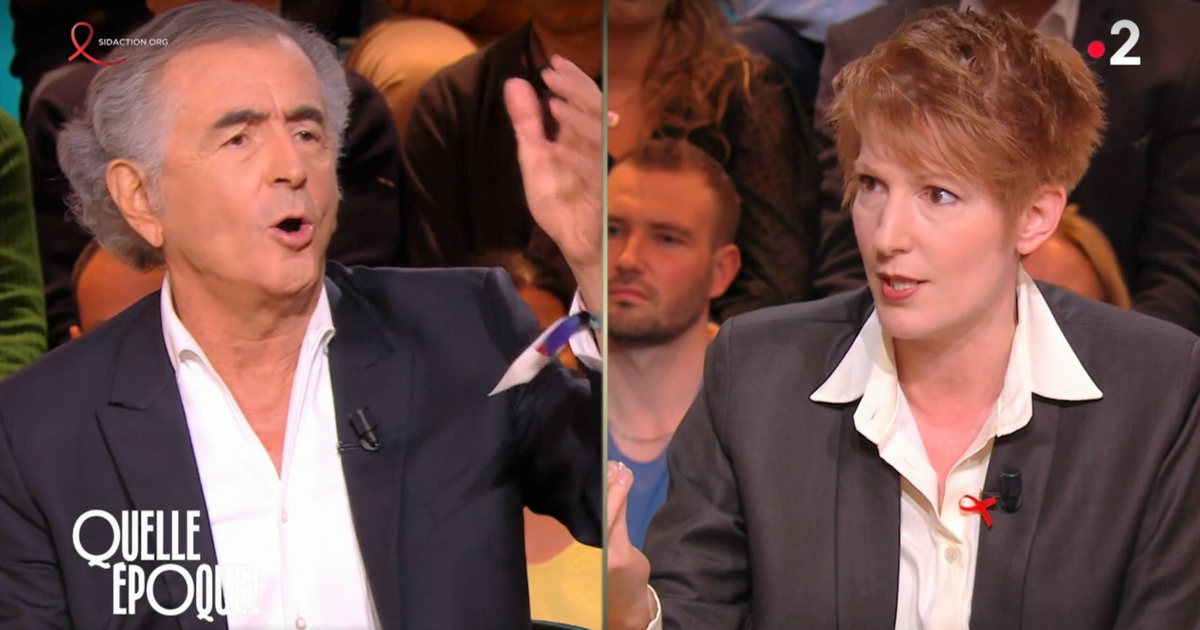



/cloudfront-eu-central-1.images.arcpublishing.com/prisa/KMEYMJKESBAZBE4MRBAM4TGHIQ.jpg)


